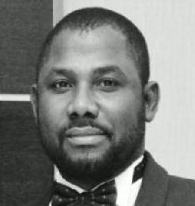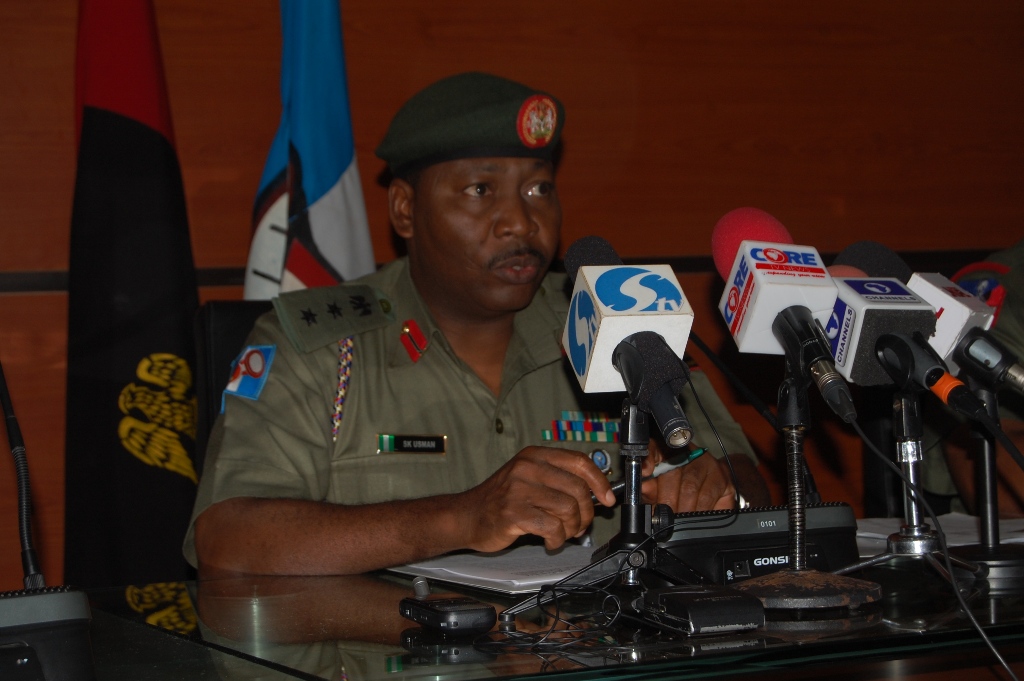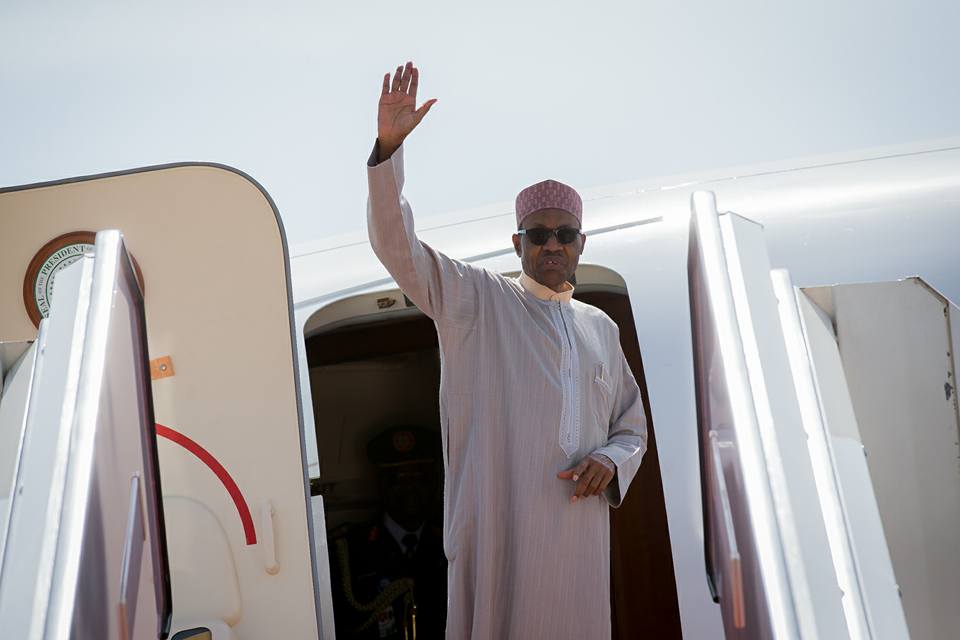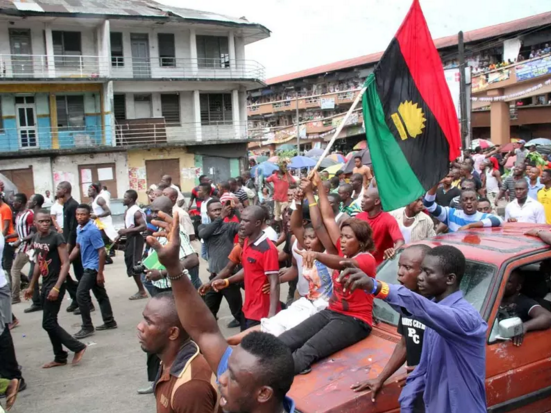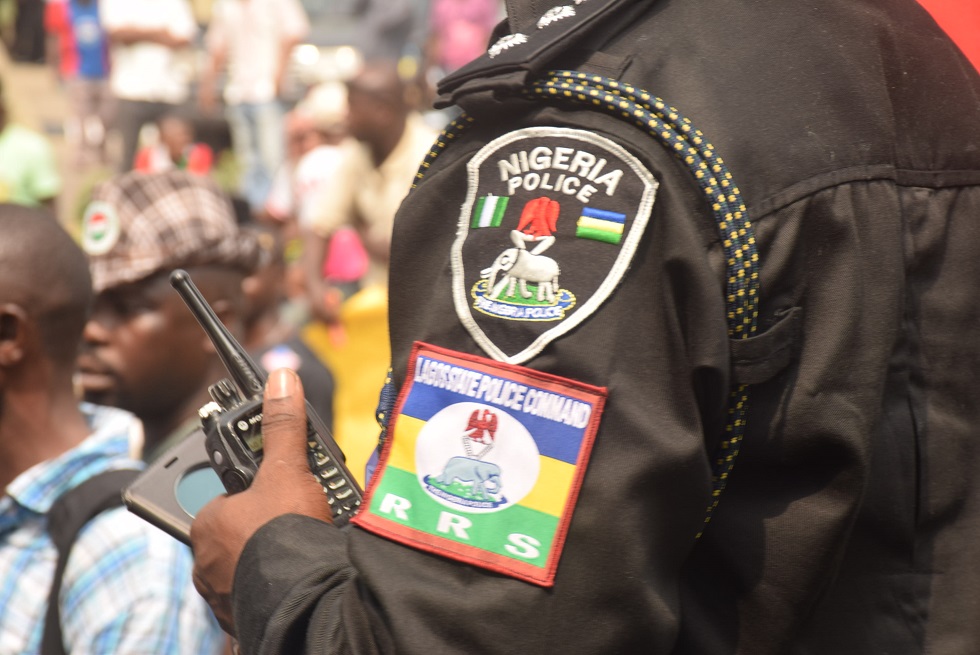Whether Nigerians like it or not, the restructuring of the polity will be the defining issue in the general elections in 2019. Everywhere you turn now, both offline and online, the conversation is all about restructuring.
This discussion has been vigorously amplified such that it has become a buzzword with varying meanings to those who truly know the imperative of restructuring and those who don’t seem to quite understand. But they must, in any way, lend their voices to the reigning concept about the polity.
Undoubtedly, many Nigerians are talk-experts in virtually everything, but most are bereft of solutions. So it is not surprising that the issue of restructuring has become a cuisine that every Jack and Jill can claim expertise to prepare. This is just the way it is.
At every point of political transition of a nation the populace should demonstrate spirited frustration on big issues such as the afflicted health system, poor education sector, bad infrastructure, high level of poverty and such other matters. In Nigeria however, the politicians and exploiters of our ethno-religious differences always find emotive concepts that will get the masses worked up unnecessarily while those matters of national urgency remain on the backburner.
Advertisement
Like a good friend recalled, there wasn’t really any strong point in terms of promising manifesto to market candidate Jonathan during the 2011 presidential election than the emotional tale of a boy who had no shoes to go to school in and rose from a minority ethnic group in one of the remotest parts of Nigeria to aspire for the highest office in country. Therefore, he should be given the opportunity to serve as a remarkable case-study of “possibility”. Hence Jonathan won and inspired a generation and also elevated the spirit of possibility.
But whether Jonathan’s presidency was commensurate with the type of desirable governance and leadership that Nigeria earnestly needed or not is a subject of diverse opinions out there.
Similarly, candidate Buhari in 2015 succeeded in winning millions of hearts and minds essentially on his personal integrity and long aversion for corruption. Of course, fighting corruption is a very important cause in the bid to move Nigeria forward, but this must be supported with viable socio-economic programmes. That said, so far, how this battle against graft has impacted the lives of ordinary Nigerians since President Buhari’s assumption of office in May 2015 remains a hot topic in the public square.
Advertisement
Interestingly, while the need for Buhari to throw more vitality into the economy in a way similar to his resolution to rid the country of corrupt practices remains a hot topic, we have swiftly shifted to restructuring and different shades of Nigerians have become so obsessed with the new political theme such that it’s being adorned with variant colours and colourations as suitable for various contexts.
Clearly, there is a great confusion around the restructuring debate which has made a few discerning minds conclude that instead of the call for true reorganisation of Nigeria’s system to suit popular desires it will end up as a mere term exploited for political advantage and to win election.
It is therefore not unusual to hear, in the midst of these varying ideas, those canvassing for the restructuring of minds, restructuring of regions, restructuring through resource control and others who are seeking the balkanization of the nation so as to allow every part to face their separate destinies.
Meanwhile, President Buhari almost scored a political own goal when, in his first broadcast to Nigerians upon his return from his medical vacation in the UK, he stated that, “Nigeria’s unity is settled and not negotiable.” And the president also added that “The National Assembly (NASS) and the National Council of State are the legitimate and appropriate bodies for national discourse,”
Advertisement
Following this statement, many got riled and felt the President was talking down on the people and withholding the freedom of the people on the idea of restructuring, a now highly sensitive political talk.
However the acknowledgment of the authority of the NASS, which was reported had previously not been accorded sufficient regard by the presidency, may have helped to save what would have amounted to a noted political slip-up.
And in an interesting happenstance, a respected politician from Lagos State and an All Progressives Congress (APC) member of House of Representatives, Hon. Jide Jimoh was on Channels TV’s Politics Today where he shed more light on the restructuring discussion and the statement of the president from the perspectives of the legislature.
With a brilliant defense, which also looked like a strong emphasis for the presidency to come to terms with the reality of the main political issue on the table, Jide Jimoh affirmed that Buhari never said that there will not be restructuring; that the president only stated that the unity of Nigeria was not negotiable.
Advertisement
In the same vein, Jimoh stated that he and his colleagues at the NASS will reevaluate growing agitations for restructuring of the polity and galvanise support in collaboration with the presidency and all stakeholders in making sure that all the elements of the idea are presented for the good of all Nigerians.
Bottom-line is, the earlier the presidency welcomes the noise on restructuring and take necessary steps in charting a better course for Nigeria, and inevitably, for the ruling APC to deepen its political capital, the better.
Advertisement
Add a comment
